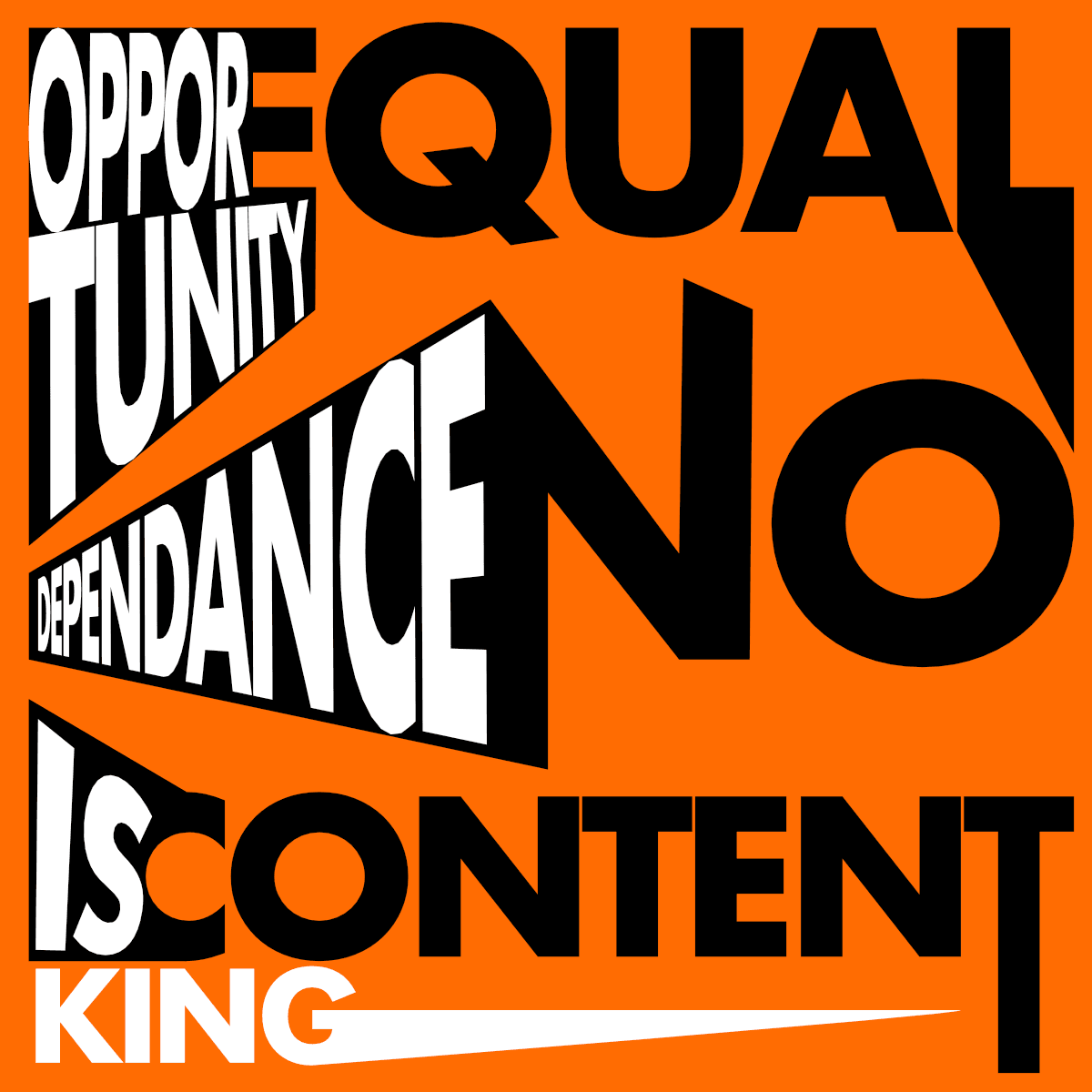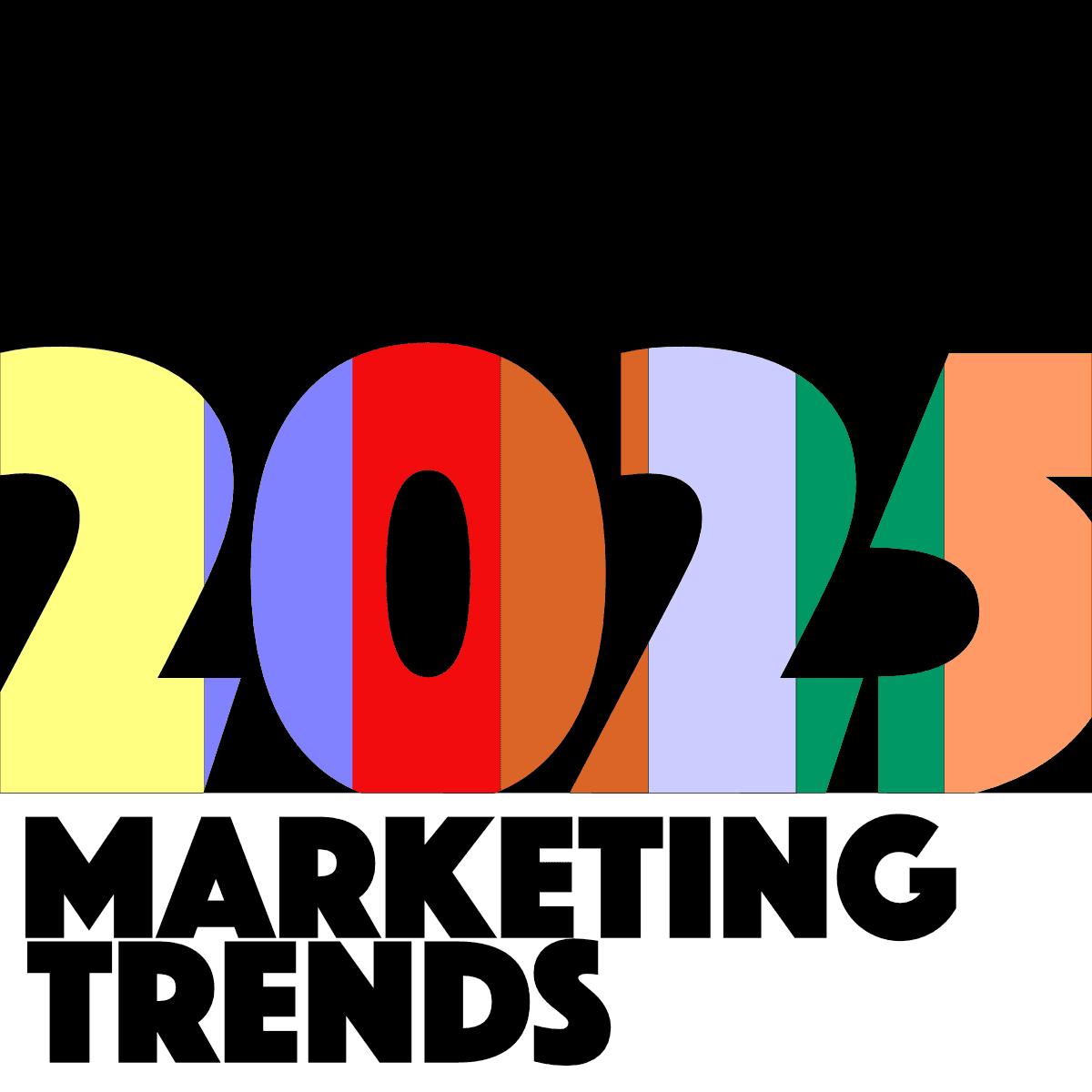
TO FACEBOOK OR NOT TO FACEBOOK



Facebook’s relevance in social media marketing sparks diverse opinions.
Some marketers swear by its effectiveness, citing its massive user base of over three billion monthly active users.
Others, however, argue that Facebook’s low organic reach—less than 1% of your followers—renders it less effective.
When discussing Facebook’s role in a social media marketing strategy, I encourage my clients to see the bigger picture and consider the customer journey from awareness to advocacy.
Facebook’s relevance in social media marketing sparks diverse opinions.
Some marketers swear by its effectiveness, citing its massive user base of over three billion monthly active users.
Others, however, argue that Facebook’s low organic reach—less than 1% of your followers—renders it less effective.
When discussing Facebook’s role in a social media marketing strategy, I encourage my clients to see the bigger picture and consider the customer journey from awareness to advocacy.
Facebook’s relevance in social media marketing sparks diverse opinions.
Some marketers swear by its effectiveness, citing its massive user base of over three billion monthly active users.
Others, however, argue that Facebook’s low organic reach—less than 1% of your followers—renders it less effective.
When discussing Facebook’s role in a social media marketing strategy, I encourage my clients to see the bigger picture and consider the customer journey from awareness to advocacy.
Other related articles
Още интересни статии
Awareness Stage
Facebook, with its extensive user base, is highly effective at the awareness stage. Advertising on Facebook allows businesses to reach a broad audience, introducing potential customers to their brand.
Research Stage
Once a potential customer is aware of your brand, they typically conduct further research. Here, Facebook plays a crucial role. A brand’s Facebook page often appears among the top search results and includes a “Reviews” section. This social proof is invaluable as customers evaluate their purchase decisions.
Conversion Stage
At the conversion stage, when customers are ready to make a purchase, Facebook’s advertising platform offers powerful retargeting options. Despite stricter privacy regulations, Facebook continues to develop ways for businesses to retarget potential customers while respecting their privacy.
Loyalty and Advocacy Stage
The ultimate goal is to cultivate loyal customers who advocate for your brand. Continuous engagement is key. Although Facebook’s algorithm doesn’t favor organic reach for businesses, creating closed groups for existing customers can foster community and ensure post-purchase support. This strategy helps brands maintain a sense of security and loyalty among their customers.
In summary, Facebook remains a valuable tool in social media marketing. Brands must analyze their audience's presence on Facebook and develop strategies to navigate algorithmic challenges to effectively reach and engage with their customers.
Awareness Stage
Facebook, with its extensive user base, is highly effective at the awareness stage. Advertising on Facebook allows businesses to reach a broad audience, introducing potential customers to their brand.
Research Stage
Once a potential customer is aware of your brand, they typically conduct further research. Here, Facebook plays a crucial role. A brand’s Facebook page often appears among the top search results and includes a “Reviews” section. This social proof is invaluable as customers evaluate their purchase decisions.
Conversion Stage
At the conversion stage, when customers are ready to make a purchase, Facebook’s advertising platform offers powerful retargeting options. Despite stricter privacy regulations, Facebook continues to develop ways for businesses to retarget potential customers while respecting their privacy.
Loyalty and Advocacy Stage
The ultimate goal is to cultivate loyal customers who advocate for your brand. Continuous engagement is key. Although Facebook’s algorithm doesn’t favor organic reach for businesses, creating closed groups for existing customers can foster community and ensure post-purchase support. This strategy helps brands maintain a sense of security and loyalty among their customers.
In summary, Facebook remains a valuable tool in social media marketing. Brands must analyze their audience's presence on Facebook and develop strategies to navigate algorithmic challenges to effectively reach and engage with their customers.

VICTORIA ALEXANDROVA
Hi! I’m Victoria, co-founder of the digital marketing agency Izivizi. I’m passionate about sharing insights and ideas in the ever-evolving world of digital marketing. I’d love to connect and exchange thoughts on marketing strategies or industry trends. Feel free to check out my LinkedIn profile here!



